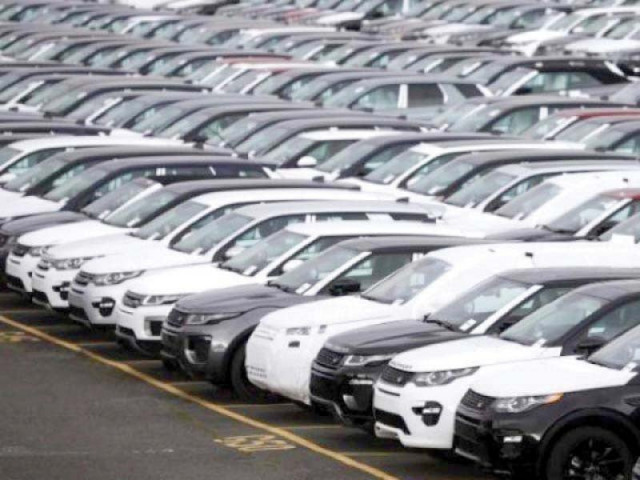Car sales decline by 36.9% in FY2024
PAMA also reports dips of 45.2% in truck sales and 39% in bus sales

Passenger car sales plummeted to 54,089 units, marking a significant 36.9% decline during the initial nine months of fiscal year 2024 (July to March). This downturn can be attributed to various factors, including soaring inflation, diminished purchasing power, high interest rates, expensive auto financing, and rising car prices, as per data provided by the Pakistan Automotive Manufacturers Association (PAMA).
Additionally, PAMA reported significant declines in truck and bus sales by 45.2% and 39% respectively. Sales of Jeeps and pick-ups also saw a decline of 40.3%, while two and three-wheeler sales (motorbikes and rickshaws) decreased by 9.9%. On a contrasting note, sales of tractors experienced a surge, marking a notable rise of 65.8% with 35,199 units sold during the nine-month period.
Analysts and experts noted that while the uptick in tractor sales is a positive sign, the automotive industry as a whole continues to grapple with a crisis, despite the favourable terms of the International Monetary Fund (IMF) programme.
“Following the 2024 general elections, the national economy faced instability due to political unrest. With surging car prices, consumers shifted preferences from sedans to hatchbacks, and from hatchbacks to used imported cars. The upcoming budget holds significant importance for the newly-elected government, as it will shape the trajectory of the national economy.
Read FBR dismisses proposal for 18% sales tax on cars
Without robust promotion of industrial policy, overcoming the challenges of the past two and a half years will be difficult. Despite producing 110,000 cars in June 2023, reaching the same volume by June 2024 seems unlikely. Additionally, instead of fostering local industrialisation, we are importing completely built-up (CBU) public transportation buses,” remarked auto sector expert Mashood Khan.
He advocated for the government to engage in discussions with Chinese bus manufacturers to establish a manufacturing unit in Pakistan. Providing incentives such as land allocation and permission to export from Pakistan after fulfilling local demand would be essential. This initiative would facilitate technology transfer, job creation, and a reduction in import bills. He stressed the critical nature of this endeavour for the industry to endure during these challenging times. Simply importing cars or buses would not resolve transportation issues, given the country’s limited foreign exchange reserves.
Published in The Express Tribune, April 18th, 2024.
Like Business on Facebook, follow @TribuneBiz on Twitter to stay informed and join in the conversation.


















COMMENTS
Comments are moderated and generally will be posted if they are on-topic and not abusive.
For more information, please see our Comments FAQ